Are you seeking new ideas to help earn some extra cash on the side? Being a passionate football supporter is not essential, but it will help if you want to adopt collecting rare football programmes as your new money-making project.
Collecting football programmes can be likened to sourcing and gathering antiques – you will learn as you go along. As a starting point, UK based provider of printed pop up display items: Where The Trade Buys, has compiled an insightful guide below…
Table of Contents
Let’s Begin With A Bit Of Background On Football Programmes
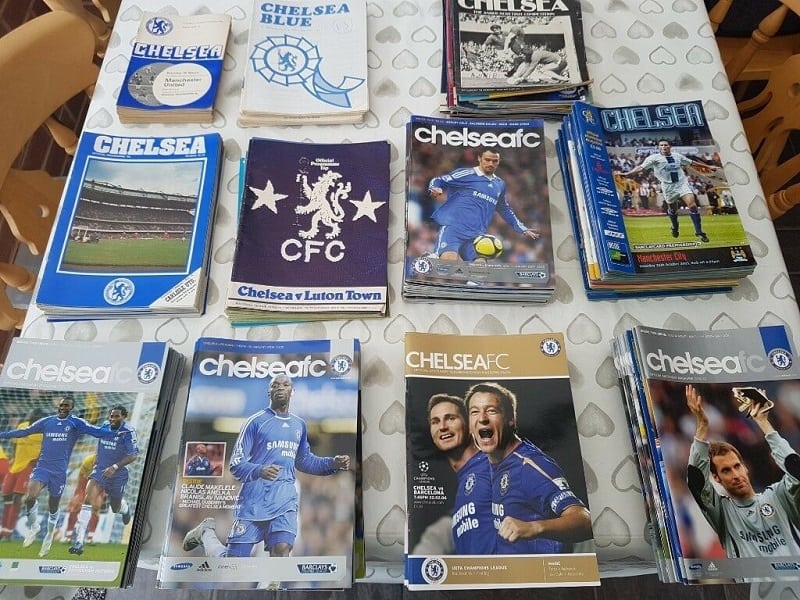
In 1888, the first football programmes were published alongside the launch of the Football League. Unlike today, the aim of a programme was to keep score and it was made up of a single sheet detailing the teams and match date.
Over time football programmes increased in size, growing from pocket-size to A4, with some clubs preferring the smaller option and others opting for the larger format. From a single sheet of basic info, the availability of saddle-stitch book printing and a growth in popularity turned football programmes into thick, glossy books crammed with trivia, statistics and high-resolution photos that fans loved to buy before every match.
One of the first programmes to be published was the ‘Villa News and Record’ for Aston Villa. Soon after, the football programme took on a weightier format of between four and eight pages, while the covers became more attention-grabbing and attractive. During and after World War II, a paper shortage cut the number of programmes that clubs could produce — making any that were released very collectible today.
Today’s football programme stays true to its roots by giving spectators key details of players on each team. Although today, the programme can also act as a mouthpiece for the club in question, allowing managers and players to speak to fans via interviews and club statements.
Just How Valuable Are Rare Football Programmes?
There are many examples of rare football programmes being sold to collectors for a lot of cash. In 2012, a family from Ipswich managed to make around £46,000 by auctioning off a set of football programmes they stumbled across in their house, which goes to show how easy it is to not realise the treasure you have sitting around your home.
Fairly recently, Sotheby’s New Bond Street auctioned off the oldest-known programme from a FA Cup final — Old Etonians vs Blackburn Rovers in 1882 — for £30,000, while a single-sheet programme from the 1909 FA Cup final between Manchester United and Bristol City went for £23,500 in 2012.
To give you a helping hand, here’s a guide on which editions should you watch out for as a collector.
What Type Of Football Programmes Do Collectors Seek Out?
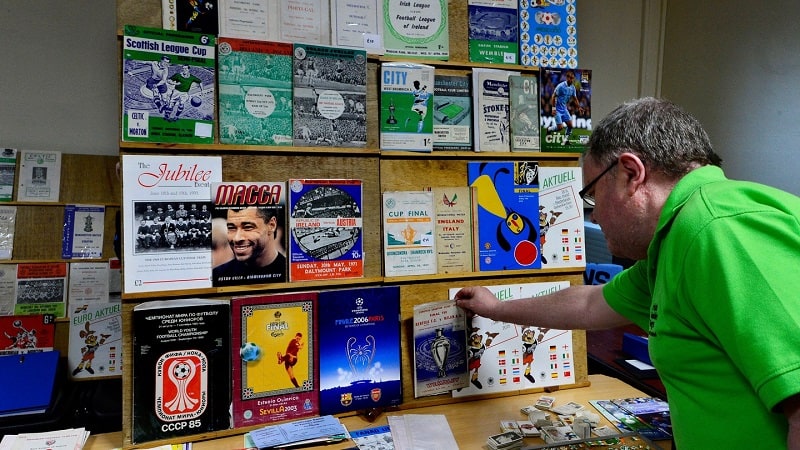
For fans, football programmes clearly play a large part of the match day experience — but how collectible are they and which should you search for if you want to bag a truly special edition?
The first Wembley final programme from 1923 is a great example of an important collectible item. It details the match between Bolton and West Ham United and is worth around £1,000. Alternatively, there’s the programme from the one and only time a non-English club lifted the FA Cup — Cardiff City vs Arsenal in 1927 — which ended with a score of 1-0 and has a value of about £2,500!
The 1966 England vs West Germany programme is potentially one of the most highly prized programmes in sport. But be warned; there were three reprints of the original, so tracking down a bona fide version is tough. If you want to be sure you’re buying an original, check the weight and colouring — the reprints are more lightweight, while the front cover of the original is a deep, royal blue. Different paper types are also used for the team pages in the original, but not in the reprinted versions.
Another one that programme collectors look out for is the edition from the game that was cancelled following the 1958 Munich air disaster (Manchester United vs Wolverhampton Wanderers), which can go at auction for around £10,000, or the programme for the first match following the tragedy — the 19th of February 1958’s game between Manchester United and Sheffield Wednesday. In this programme, the club showed respect to those involved in the disaster by leaving the team page blank.
A Helping Hand For Newbie Collectors: A Super Quick Guide
Keep the following three key features in mind to make sure you’re getting a good deal:
- Programme age — anything over 50 years old is most collectible.
- Availability — if there are many available, this will bring the value down.
- Demand — programmes with an iconic footballer on the cover or detailing a famous match are the most prized and valuable.
- Wear and tear — creases, missing staples and water damage all harm the programme’s price, so ask for a photo before you pay.
Any programme from an FA Cup final match holds value, as does any booklet that was perhaps the first or final edition of a player’s/manager’s career (i.e. the last game David Beckham played for Manchester United).
Another thing to highlight is that certain teams typically hold greater monetary value than others when it comes to programme collecting — although, programmes from your team’s past will be more personally valuable to you. Sides such as Manchester United, Chelsea, Liverpool, Spurs, West Ham, and Arsenal are all highly sought after and are worth keeping an eye out for if you want a particularly valuable item. The Football Programme Centre is also a good source of advice if you’re keen on becoming a serious collector.
Many fans all over the UK enjoy collecting football programmes — particularly when you track down a rare edition or grab a great bargain.
So, why not keep yourself football-focused until the new season kicks off by learning more about the hobby?
Sources:
https://www.bbc.co.uk/news/uk-england-suffolk-18399222
https://www.antiquestradegazette.com/news/2013/auction-record-for-any-football-programme/
http://www.footballprogrammecentre.co.uk/football-programme-guide.php

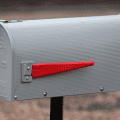
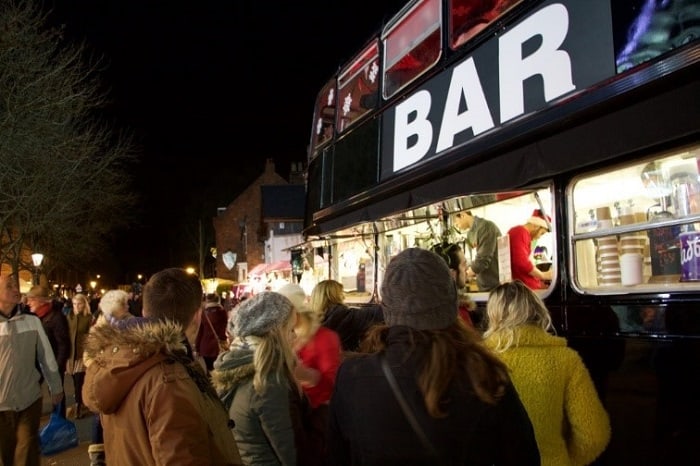
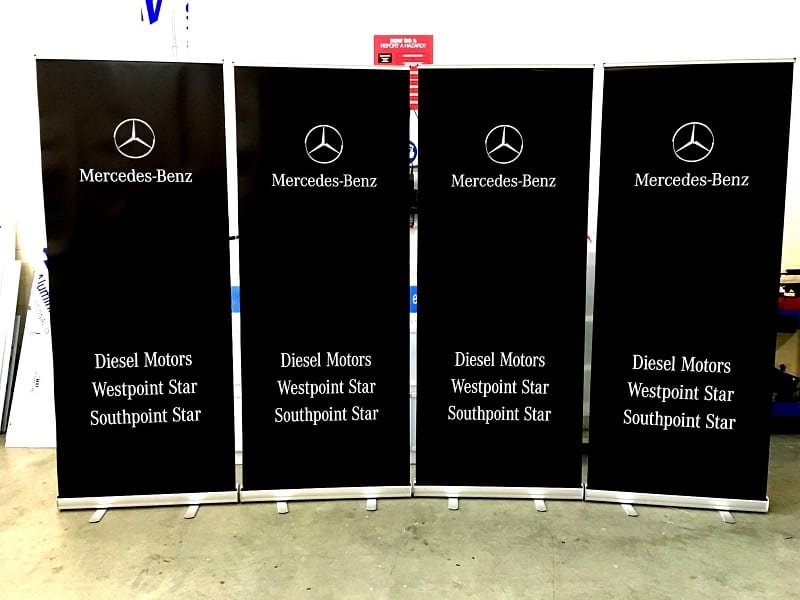
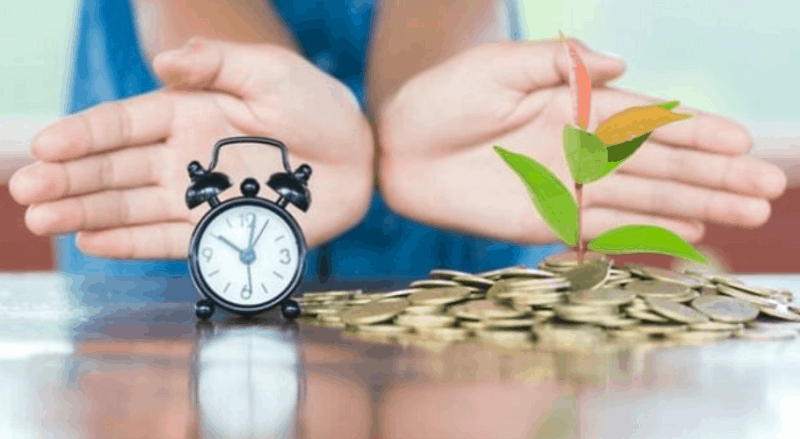





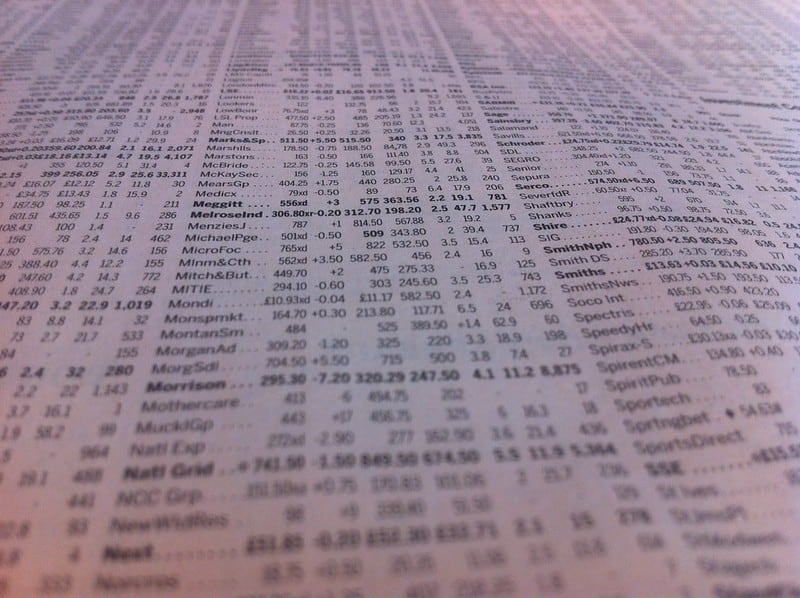
This is SO cool Erik. I imagine the market is huge too. What a rabidly loyal fan base; big time potential because so many raving football fans push up the value of these collectables.